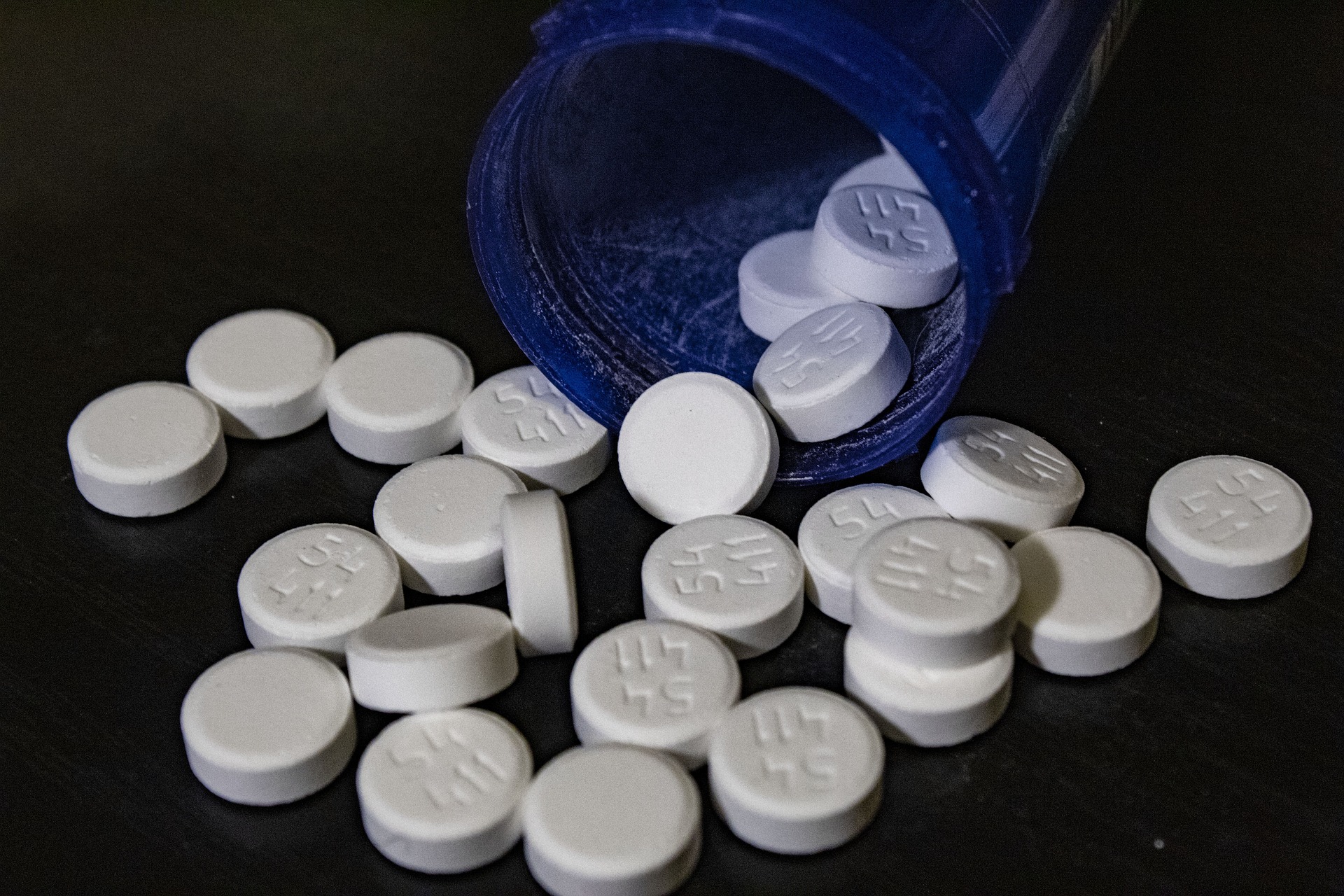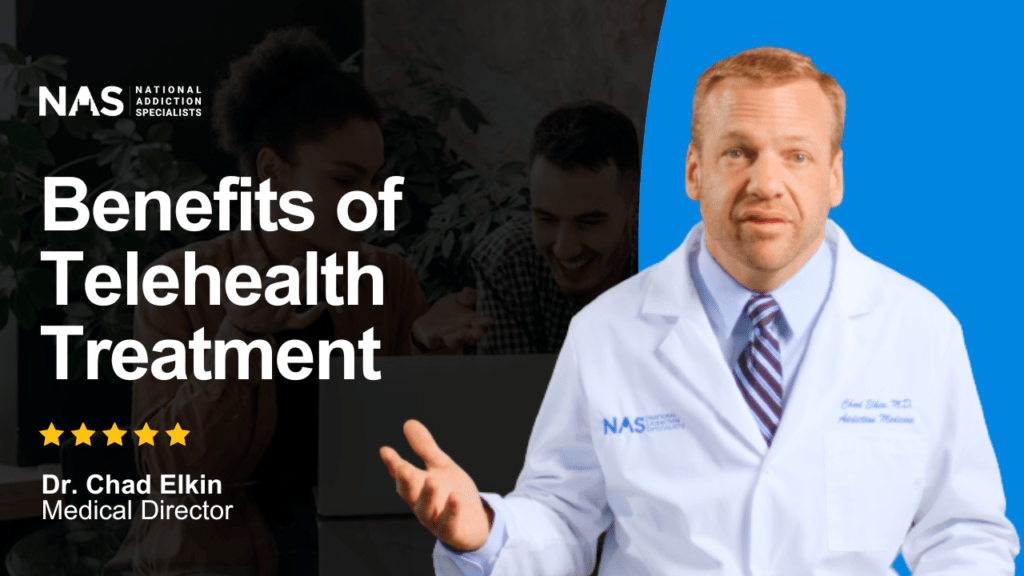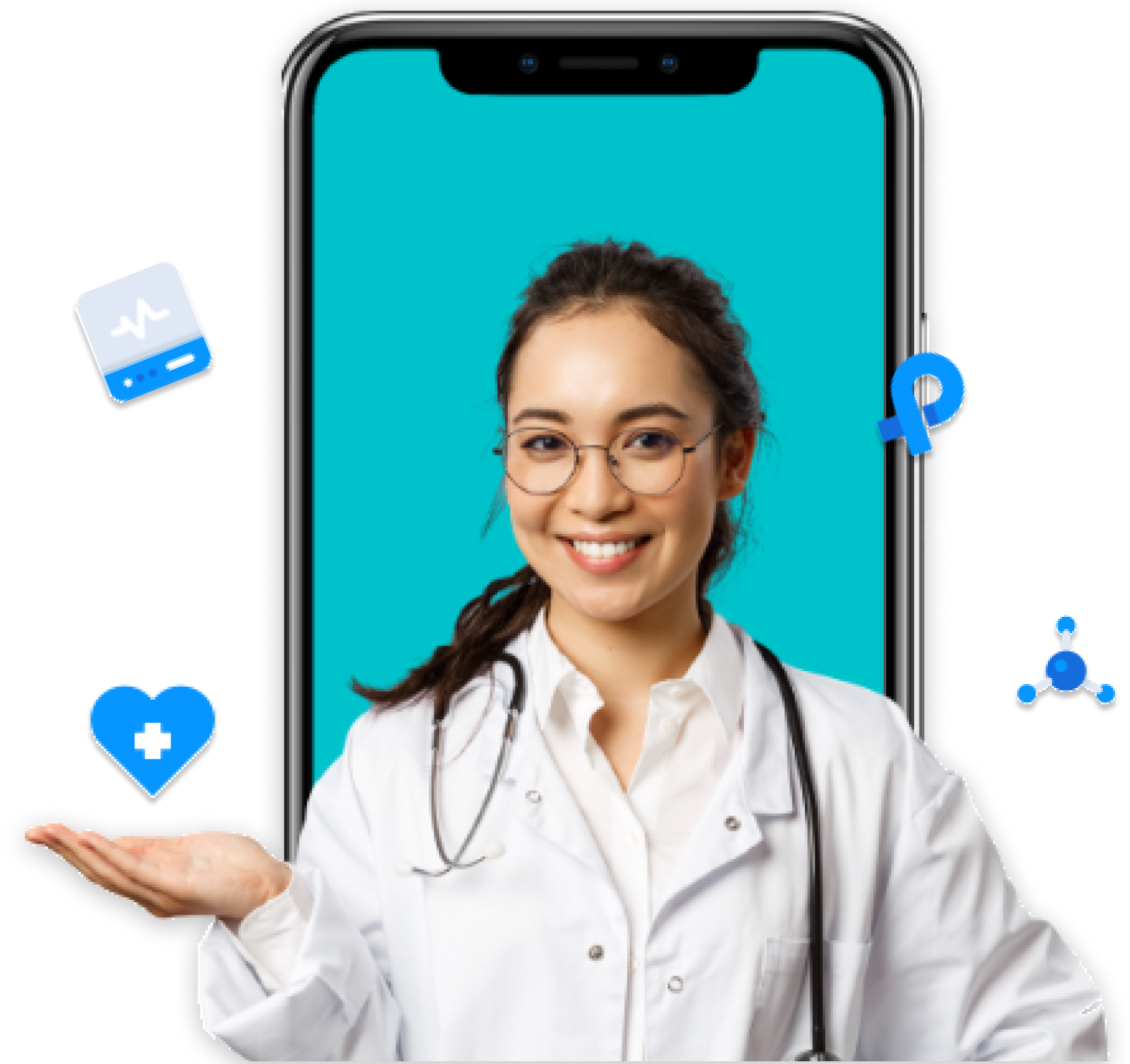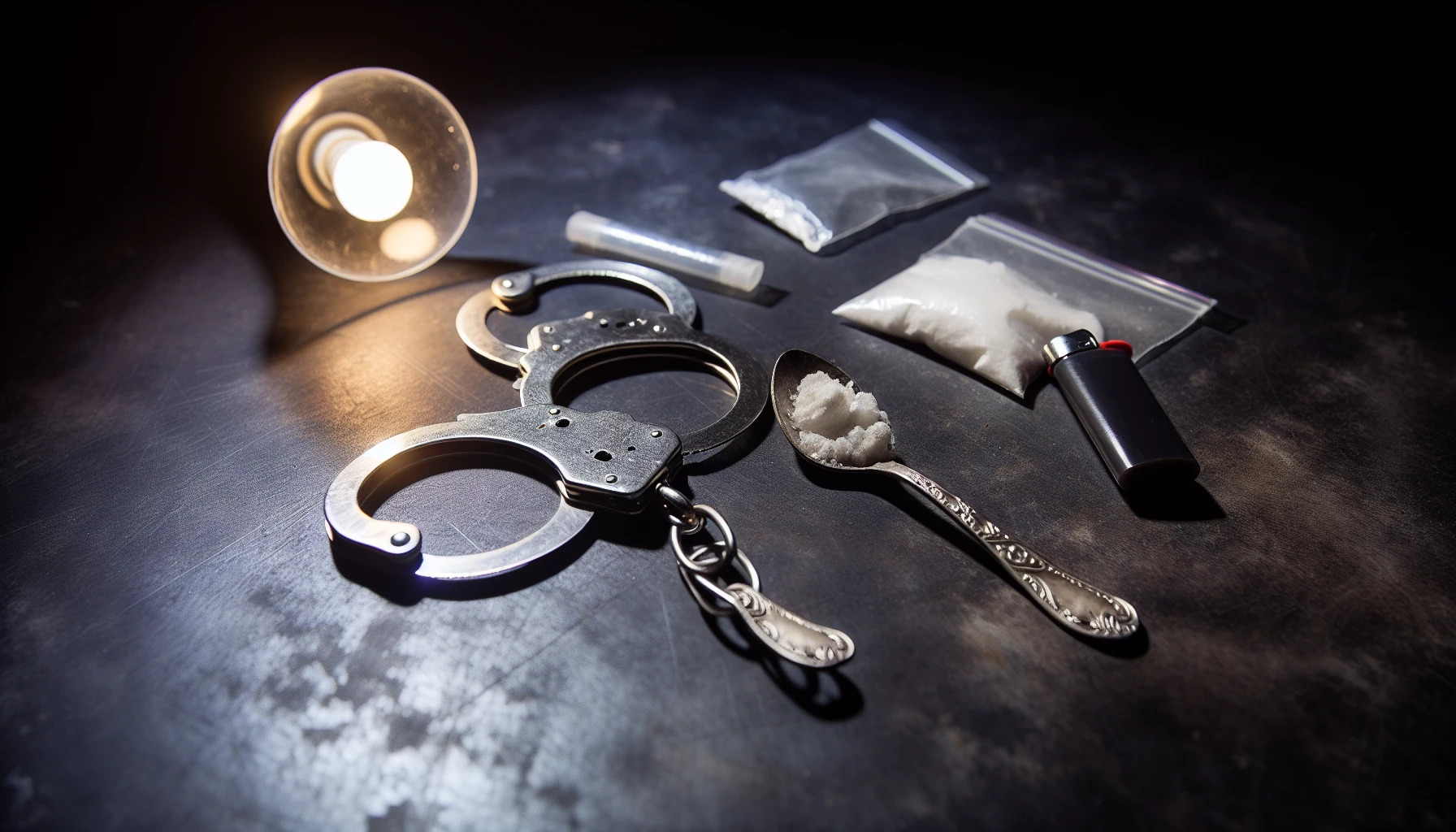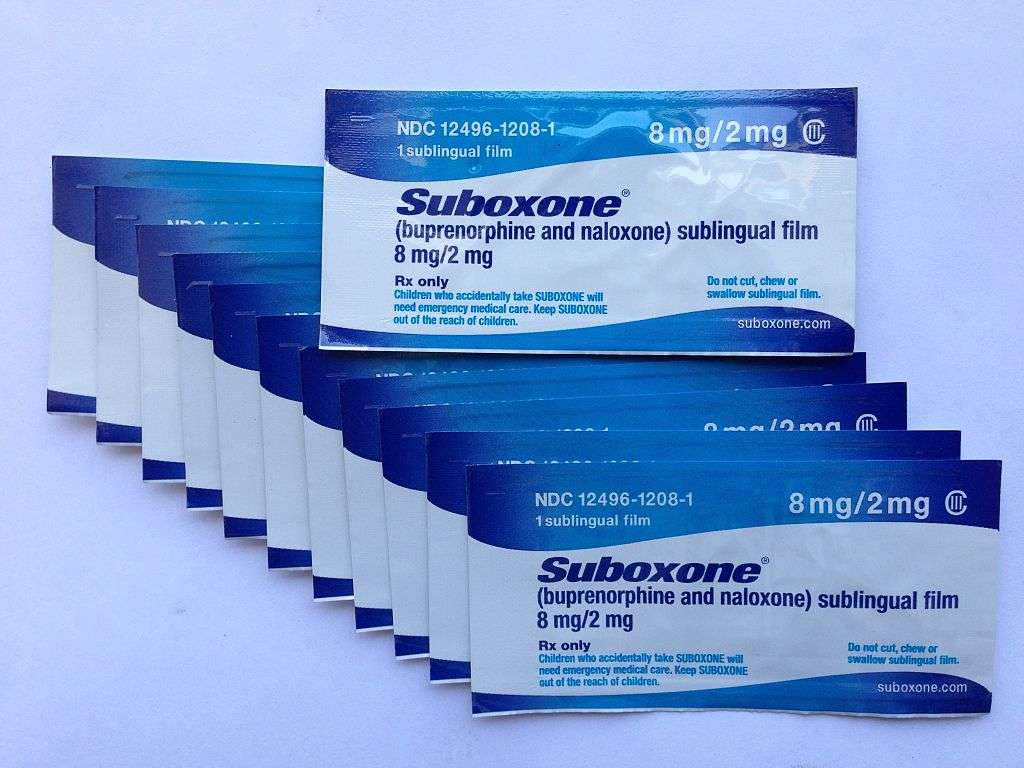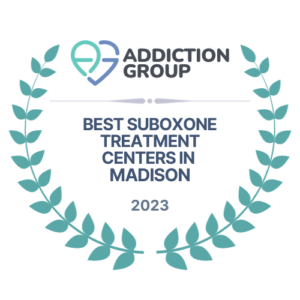People with opioid use disorder and their families often believe many myths and inaccuracies about medications for opioid use disorder, overshadowing the evidence in support of the treatment’s benefits. The myths surrounding the use of suboxone have created a barrier for some people who seek effective treatment from opioid addiction. Let’s take a look at a few of the myths and who you can talk to in order to find out more about addiction treatment.
What Is Suboxone And How Does It Work?
Suboxone is a medication that is often prescribed in medication-assisted treatment (MAT) for opioid addiction. Suboxone works by tightly binding to the same receptors in the brain as other opioids do, such as heroin, morphine, and oxycodone. Suboxone contains both buprenorphine and naloxone, which works to effectively reduce cravings and painful withdrawal symptoms, while also lowering the risk of misuse or overdose.
Myths About Using Suboxone To Treat Opioid Addiction
Myth #1: If you are taking Suboxone, you aren’t really in recovery.
Medication treatment is often required for addiction, as it is considered to be a chronic brain disease. When users of Suboxone are told they aren’t in recovery, it stigmatizes their use of the drug and only discourages them from getting the help they require.
There are several components involved in recovering from substance abuse. One of those elements includes Suboxone and other kinds of medication-assisted treatment (MAT). The goal of MAT is to reduce withdrawal symptoms and block cravings so that a person with an addiction to opioids can concentrate on other parts of working towards recovery.
Additionally, it has a shown likelihood of success in gradually weaning people off of addictive opioids without the distressing withdrawal symptoms that are frequently connected to opioid addiction treatment. A shift from an addictive lifestyle to a regular, stable lifestyle can be made with the help of suboxone, which is proven to be effective, reliable, and safe.
Myth #2: Suboxone is widely abused.
Like all opioids, suboxone is still susceptible to abuse. It does, however, result in less euphoria than other opioids (such heroin and oxycodone) since Suboxone is only a partial opioid agonist of the opioid receptor. Suboxone also contains naloxone, which suppresses the full euphoric effects of the opioid medication if the suboxone were to be dissolved and injected.
As a result, abuse is far less likely to occur. Suboxone reduces a person’s desire to take opioids. Therefore, many people use this medication to assist themselves in managing their withdrawal symptoms or even to wean themselves off of opioids like heroin.
Myth #3: Suboxone simply substitutes one drug with another.
Abstinence has traditionally been the focus of conventional addiction treatment. The medical community has since rethought the use of medication-assisted therapy for opioid addiction in light of the failure of that approach, particularly when it was used without additional therapies including talk therapy, in-home monitoring, and other supports.
It makes more sense to treat addiction with medication once you realize that it is a chronic medical problem, just like you would treat high blood pressure or diabetes. Someone with a perfect blood pressure would not be taken off of their medications as their blood pressure would likely go up. Similarly, someone on Suboxone that has been on it for a long time and not experienced any relapses should continue taking it as the risk of stopping it can mean potential relapse and death, which is much worse than the potential stoppage of a blood pressure medication, especially if that person is not having any side effects or long-term negative consequences from taking it. A physician only has to treat two people to prevent one major adverse outcome such as overdose or death. It is more effective as a drug to prevent major adverse effects vs blood pressure or diabetes medications as it can take treating 200 people with those to prevent one major adverse outcome.
Myth #4: Suboxone overdoses are just as common as other opioid overdoses.
Suboxone overdose is thought to be rather common among people beginning treatment, although overdosing on them is very rare. Suboxone is merely a partial opioid receptor agonist, which means that it doesn’t fully activate the opioid receptors in the same manner that heroin, morphine, or oxycodone do, which are full opioid agonists. In contrast to powerful full opioid agonists like heroin, oxycodone, or morphine, there is a built-in “ceiling” or limited effect, thus the risk of slowed breathing and overdose is very rare.
When patients do experience a suboxone overdose, which is exceedingly rare by itself, it usually happens when they combine the medication with another drug that slows breathing, like benzodiazepines. Suboxone shouldn’t be taken with a few certain other medications like benzodiazepines without approval from a physician, just like with any other medication. Before beginning a suboxone treatment program, it’s crucial to let your doctor know about all the other medications you’re taking.
Myth #5: If you don’t receive therapy along with Suboxone, it isn’t a treatment for addiction.
Medical treatment, counseling, and support groups would all be part of an ideal addiction treatment program. However, that does not imply that the treatment is invalid if one component alone is present and other components are not. Although combining all treatments is the ideal goal, it is unreasonable to expect that everyone who struggles with addiction would receive all the necessary components of treatment, especially if they lack access to standard healthcare, insurance, or even both. Getting help with any kind of treatment is better than not getting any help at all.
When it comes to restoring normal brain chemistry, Suboxone plays an important role. To aid people in overcoming their opioid addiction, taking part in support groups and behavioral counseling should ideally be provided by a qualified mental health professional.
Myth #6: Opioid Addiction can be overcome with Suboxone alone.
Suboxone is an effective treatment for addiction, however, it is even more effective when used or combined with other forms of treatments, including counseling, support groups, and self-help programs. These treatments are crucial to preventing relapse. The more support you receive, the better.
Your physical, mental, and behavioral health is negatively affected by this extremely complicated opioid use disorder. Therefore, approaching your treatment from all angles will help you restore control of your life. You should take part in drug counseling programs, therapy, and any other necessary treatments, in addition to taking Suboxone, to help you overcome your opioid dependence. Although not the only component of your recovery, suboxone plays a crucial piece. The use of suboxone in combination with other approaches to treating substance use disorder, such as therapy and support groups, can certainly aid in the achievement of true recovery.
Myth #7: It’s best to use Suboxone for a brief period of time.
Different medical professionals have different opinions about how long suboxone therapy should consist of, however there is no proof to back up the idea that Suboxone should only be used temporarily rather than being continued for a long period of time. Studies have shown that the longer a person is on suboxone, the less likely they are to relapse and the shorter time period they are on it they are more likely to relapse. If a person is not having any side effects or long-term negative consequences from using suboxone, there is no reason to stop it given the significant risk associated with relapse, including overdose and death.
The duration of your treatment is usually decided by the prescribing doctor based on the patient’s medical history and preferences in light of their recovery goals. Suboxone treatment needs to be properly supervised by a doctor and gradually tapered over time for an effective recovery from opioid addiction.
Myth #8: It is not a legitimate medication since it’s sold on the streets.
Certainly, there are some dealers on the street that offer Suboxone for sale. Most diversion occurs when someone addicted to opioids is going through withdrawal and wants something to treat the withdrawal symptoms. It is, however, a successful opioid addiction treatment that has received FDA approval. It is recommended by the American Society of Addiction Medicine, and is the gold standard for treatment of opioid use disorder. While using Suboxone at the recommended dosage will help you wean yourself off of opioids, as with most drugs, having excessive amounts of it can be harmful.
Interested to learn more? Read more related articles: Different Benefits of Suboxone Treatment for Opioid Addiction
Contact National Addiction Specialists For Your Suboxone Treatment!
National Addiction Specialists is here to help and support you if you are struggling with opioid addiction.
You can use your phone, tablet, or computer to chat and speak with a doctor in the comfort of your own home. You’ll receive your individualized treatment plan and continue to receive telemedicine care up until you reach full recovery.
Get in touch with us to start taking steps to beat your opioid addiction.
References:
https://pcssnow.org/resource/myths-and-misconceptions-medications-for-opioid-use-disorder-moud/
https://www.ncbi.nlm.nih.gov/pmc/articles/PMC5855417/
https://www1.nyc.gov/assets/doh/downloads/pdf/hcp/bupe-myths-facts.pdf


